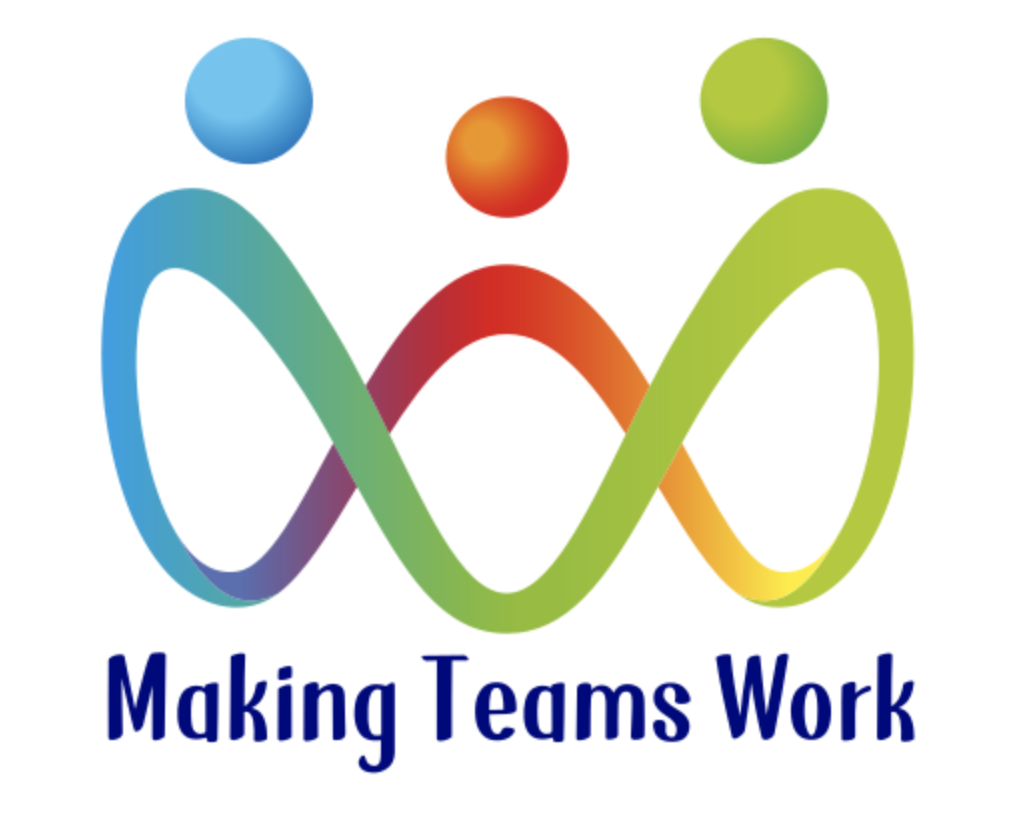Quick recap:
We are under a deluge of negative information. The fact that the platforms are designed to ensnare you only makes this worse.
So what can we do? It boils down to four key things.
- Boundaries, (Covered in the previous post – here: )
- Filters,
- Strategies or Tactics, and
- Reflection.
Filtering.
People seem to lose their need and ability to filter on social media. If you met them in real life, and they did or said some of the things they say online, you'd probably avoid them in future. So why don't you apply that rule on-line?
It's very easy to take things personally on-line. I have found myself responding angrily, at least internally, when somebody has posted a blog that seems to undermine everything that they know I stand for.
Is it really about you?
We need to filter for whether the content is personal and is really aimed at me. Most of the time, it really isn't. And if it is not, then what are you doing worrying about it? If it really is personal and you are named specifically, then of course you should seek professional advice; whether that’s from your corporate comms team, Federation or Unison lead.
Given that most of the time the content is not personal, it might be worth asking yourself what you get out of taking it so personally.
No one is perfect. Everyone bitches and moans about their job. You don't have to listen to it. You always have a choice. Because there will always be people who are uninformed and misunderstand a situation.
We've all seen videos accompanied by a commentary that is deliberately false or inflammatory. Consider what the source is trying to achieve by these fabrications.
Applying FOG.
Think F.O.G. Is it a Fact? Is it an Opinion? Is it a Guess? None of these are worth arguing about. If it’s a fact, then its probably also history. Nothing you can change. If it’s an opinion, no amount of persuasion is going to change it – you might be able to face-to-face, and armed with enough facts, but people are convinced of all kinds of crazy ideas these days that are simply not worth butting horns over. If it’s a guess, then, perhaps, just maybe you could educate them. Again – harder online than face-to-face.
One useful rule of thumb is to assume that at least 10% of what someone says is correct and accurate. This helps you to become curious about their intention and actual meaning, instead of wound up.
It is helpful to take a constructive stance and reflect on what useful action you can take and who it will be useful for.
Strategies up your sleeve.
As it's almost a given that you will come across content that you dislike for whatever reason, it's important to have some strategies and tactics ready to deploy.
The boundaries we looked at earlier are themselves a strategy for avoiding the situation from occurring.
However, it would be unrealistic to think we can always avoid it and it may be that your job requires you to view or read content that is unpleasant in some way.
This requires some strategies on how you will diffuse afterwards. All registered counsellors have supervisors, vicars have spiritual directors. What's your version going to be? Where are you going to find a trusted voice to go to and talk through the issues so that you can eventually park them? Someone whose opinions you value and trust. Someone who knows you. Who can point out the gaps in your thinking, or simply hold the mirror up when you are getting bent out of shape.
It may be that you need some rules of thumb for particular types of comment or content. And these require deliberate ‘if… then’ planning similar to the idea of a project pre-mortem and thinking about the worst thing that can happen and what to do if and when it does.
You need strategies to deal with your own mental physical and emotional state too.
HALT.
I have always found the H.A.L.T. acronym helpful.
If you are Hungry, Angry, Lonely or Tired, stay away from the content. Deal with one of those things first, as a priority. Have something to eat. Find somebody to talk. Get some sleep.
Being angry often comes from a them-and-us perspective that the narrative seems to encourage.
So do what you can to avoid falling into this particular dichotomy. Work out ways to separate yourself from the narrative.
For example, when I worked for Hewlett Packard during the financial downturn in the 90s many of us were demoralised because of the benefits that we lost. I had one friend who avoided this by simply changing his perspective to be that he worked for a large technology company, rather than for Hewlett Packard. This shift in label gave him psychological distance between the organisation and himself.
As all of this is an iterative process, it is important to build in times of reflection.
Look at your reflection.
We've looked at how we might do that with other people, our friends or our work colleagues. It can be even more valuable to self reflect using a journal; especially one that is handwritten. This can be a private space where we consider our thoughts and actions, which enables us to create useful distance and thus a shift in perspective.
Again, reflect on what you get out of consuming the material, and taking it personally if that’s the case.
I'll be covering journaling in a future post in more detail but it's important to reflect on your whole personality. Not just your identity at work.
TL:DR
In summary, you probably don't have responsibility for correcting the narrative and resolving the situation to change people's attitudes.
- Is it essential that you read or view this content as part of your job? Decide the boundaries. Online and in real life.
- Filter wisely. Is it really aimed at you? Think FOG.
- Create some strategies for when its unavoidable. HALT if you need to.
- Take time to reflect.
Instead of getting angry and losing all objectivity and ability to influence, choose to act in a way to prove the narrative wrong or and or avoid ever creating that situation yourself. After all, the most impactful experiences we have are those we have in real life.
Let me know what you think. You can sign up to get a weekly email from me below - subscribers get more... 🙂


